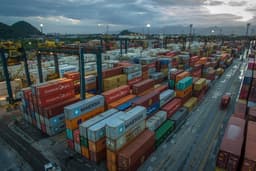Home / Environment / Negotiators Seek Bolder Climate Action at COP30 in Brazil
Negotiators Seek Bolder Climate Action at COP30 in Brazil
16 Nov, 2025
Summary
- Pressure to set ambitious goals on emissions cuts, climate finance, and fossil fuel phase-out
- Indigenous groups protest lack of representation in negotiations
- Talks shift from "implementation" to more high-level commitments
The COP30 climate negotiations in Belem, Brazil have taken an unexpected turn as negotiators seek to go beyond the original "implementation" focus and push for more ambitious global commitments.
With the urgency of climate change mounting, some delegates are now advocating for a strong end-of-conference communiqué that would address the "ambition gap" in countries' current emissions reduction plans. This includes calls for nations to revisit and strengthen their inadequate climate pledges, as well as concrete steps to phase out fossil fuels and provide more financial aid to vulnerable countries.
The shift in tone has been driven in part by Brazilian President Luiz Inácio Lula da Silva, who has called for a "road map" to overcome the world's dependence on oil, gas, and coal. Indigenous groups have also made their voices heard, staging protests to demand greater inclusion in the negotiations.



